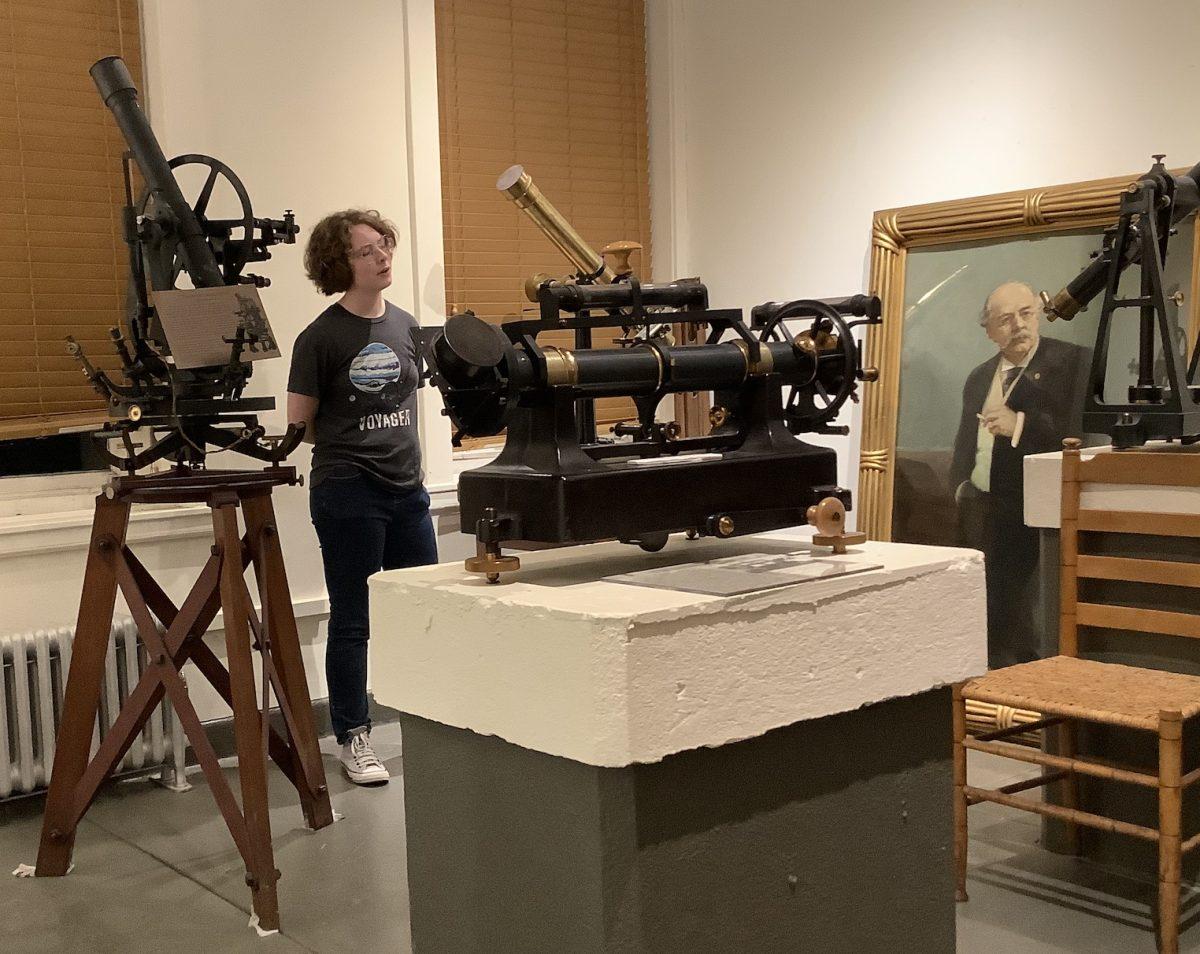This study is one of few that target cancer cells in the bloodstream in order to prevent its spread, the researchers said.
They published their findings in the Proceedings of the National Academy of Sciences, showing that a combination of two proteins injected into the blood stream can attach to blood cells and prompt cancer cells to annihilate.
“[…] there aren’t really any research groups that are working on trying to target and kill cancer cells in the bloodstreams,” Michael King, Cornell Professor of Biomedical Engineering and the study’s senior author said. About six researchers worked on this study with him.“We are hoping it catches on,” he said.
The findings are significant because metastasizing cancer cells cause 90 percent of cancer-related deaths, King said.
Robert Langer, a biophysics and computational biology editor for the journal, said he knew the study was important after he had read the very first paragraph.
“[The reviews] were positive enough that it got published,” Langer said. “PNAS is not an easy journal to get into…the majority of essays get rejected.”
The proteins, called TRAIL (Tumor Necrosis Factor Related Apoptosis-Inducing Ligand) and the adhesive E-Selectin, are naturally occurring in the human body and can be synthesized in labs.
TRAIL has previously been used in trials on its effectiveness against cancer. However, this new method utilizes TRAIL and the adhesive E-Selectin to target metastasizing, or circulating, cancer cells that cause secondary tumors.
The research is currently in the animal testing stages and is expected to move into human clinical trials in the next few years.
The lab has also started conducting tests on blood samples from human cancer patients sent to them by a collaborating lab.
An advantage of TRAIL is that it does not harm most of the body’s healthy cells, unlike chemotherapeutic drugs such as Doxorubicin, said Michael Mitchell, Ph.D. student at Cornell and a co-author of the study.
“When you inject, say, Doxorubicin which is what everyone uses, that kills every cell in your body,” Mitchell said. “You’re just hoping it kills the tumor before it kills the rest of you. With this [method], we’re really targeting the cancer cells.”
One of the main drawbacks of the method is that certain cancer cells might not be as sensitive to TRAIL as other types, depending on the protein markers in the cancer cell, he said. However, substances such as aspirin and a compound in the turmeric spice can be used to sensitize the cancer cells.
Several years ago, King said, they had found the protein fairly effective when used on cancer cells in a petri dish in the lab. However, when it was first tested in human blood several years, the results were surprising.
“When we first started testing this therapeutic in the messy complicated realm of blood, we were hoping that maybe it would work almost as well as killing the cancer cells in a petri dish,” he said. “When we ran those blood experiments, it worked far better in blood compared to trying to kill the cells in a dish. That virtually never happens.”
The researchers then decided to move on to animal models. Mice in King’s lab at Cornell’s Weil Hall have primary tumors growing in their prostate, and researchers are waiting to determine the stage at which the TRAIL protein should be injected to prevent the spread, or the metastases.
Tissue from the treated animal is observed under a multiphoton fluorescence microscope, which allows researchers to detect dead and active cancer cells in lung tissue, said Liz Wayne, a Ph.D. student at Cornell who designs the animal experiments related to the study.
King said they expect to move on to larger animal models, and, hopefully, humans within the next few years.
“People are impatient because they want to see this therapeutic ready to use in the clinic as soon as possible,” King said. “So we get very poignant calls from cancer patients, family members of cancer patients wanting to know when this drug will make it to clinical trials and if they can participate. So that’s a few years away, but it’s something which is a very strong motivation for us.”






